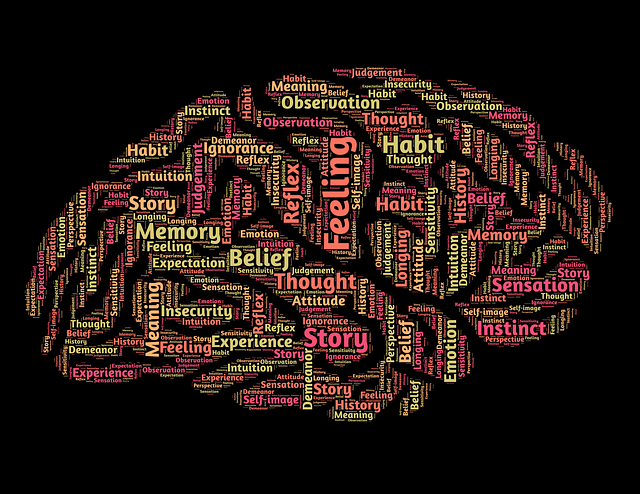Mindfulness is an invaluable tool for personal growth and wellbeing. It is the practice of being aware and present in the moment, and can help us to develop both emotionally and physically. Mindfulness is associated with a number of positive benefits, including improved concentration, enhanced creativity, reduced stress and anxiety, and improved communication.
This article will explore the importance of mindfulness and explain how to incorporate it into our lives. We will begin by looking at the research, which shows that mindfulness has tangible and measurable effects on our overall health. We will then delve into the key benefits of mindfulness, such as increased focus and improved relationships.
Finally, we will look at how to incorporate mindfulness into our lives in order to maximize its benefits.
5 reasons why mindfulness is important
Mindfulness has many benefits, making it a valuable practice for both individuals and organizations. Here are five reasons why mindfulness is important:
First, mindfulness can help increase awareness and focus. This can result in improved productivity, creativity, and problem solving. Second, mindfulness can help reduce stress levels, resulting in better physical and mental health. Third, mindfulness can help us to be more self-aware and better understand our emotions. Fourth, mindfulness can help us to better regulate our emotions and take better control of our lives. Finally, mindfulness can help us to be more mindful of our relationships, leading to more meaningful connections with others.
Mindfulness is a powerful tool that can help us to live healthier and more fulfilling lives. It is essential to incorporate mindfulness into our daily lives and take advantage of its many benefits.
Easy ways to practice mindfulness
Here are some easy ways to practice mindfulness:
First, take a few moments each day to consciously focus on your breath. Notice the inhalation and exhalation and the sensation of air passing through your body. You can also use this time to focus on any sensations you may be feeling in your body.
Second, tune in to what you’re hearing and observe it without judgment. Listen to the sounds around you, without labeling them or trying to figure out what they are.
Third, try eating or drinking with awareness. Tune into the smell, taste, and texture of your food and drink. Notice the flavors and sensations, and be aware of how your body is responding.
Why is mindfulness so powerful
Mindfulness is a powerful tool for personal growth and development. It allows us to become more attuned to our internal and external environment, to build greater awareness of our thoughts and feelings, and to gain insight into how we interact with the world around us.
By taking a mindful approach to life, we can become better equipped to respond to challenging situations with greater clarity and resilience. Mindfulness also facilitates greater connection and empathy with our peers, enabling us to better understand and respond to their needs.
As a result, mindfulness can help us to cultivate greater self-confidence and inner peace, while also allowing us to nurture healthier relationships with others. In short, mindfulness is a powerful tool for personal growth and development, which can have a positive impact on our overall wellbeing.
Final thoughts on why mindfulness is important
Mindfulness has become increasingly popular as a way to cope with stress, anxiety, and depression. It is a practice that encourages individuals to focus on the present moment with awareness and acceptance. Studies have shown that mindfulness can bring physical, mental, and emotional benefits, including improved concentration, emotional regulation, and a greater sense of wellbeing.
Beyond these individual benefits, mindfulness can create a ripple effect in our communities. When individuals are mindful and present in their daily lives, it has the potential to create a more mindful, caring, and compassionate society.
Mindfulness is a practice that can help us better understand ourselves and our relationships, and ultimately bring us closer together.
Written by:
Mark is a licensed marriage and family therapist. He has also been practicing mindfulness for over 20 years and is a certified mindfulness instructor.







